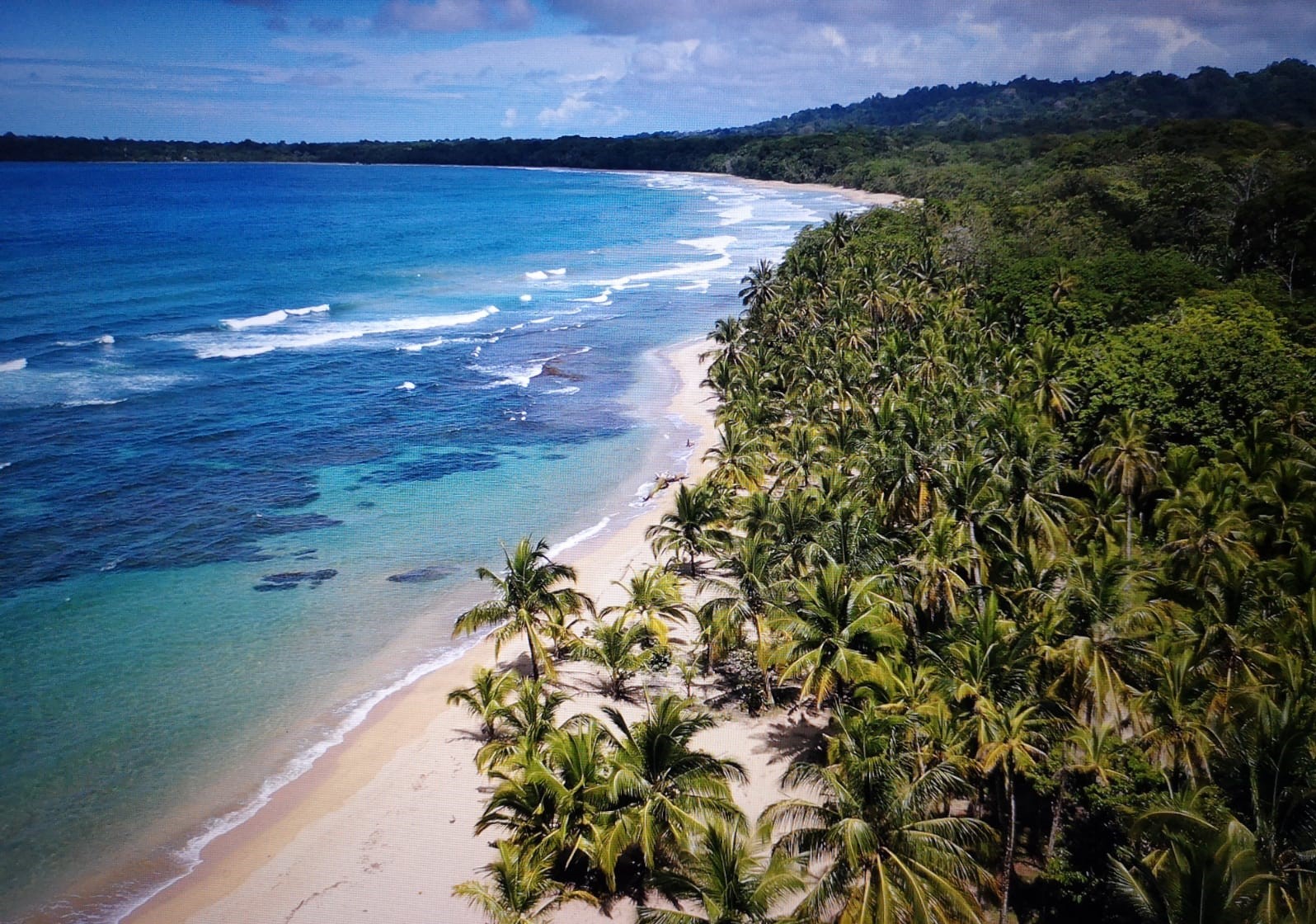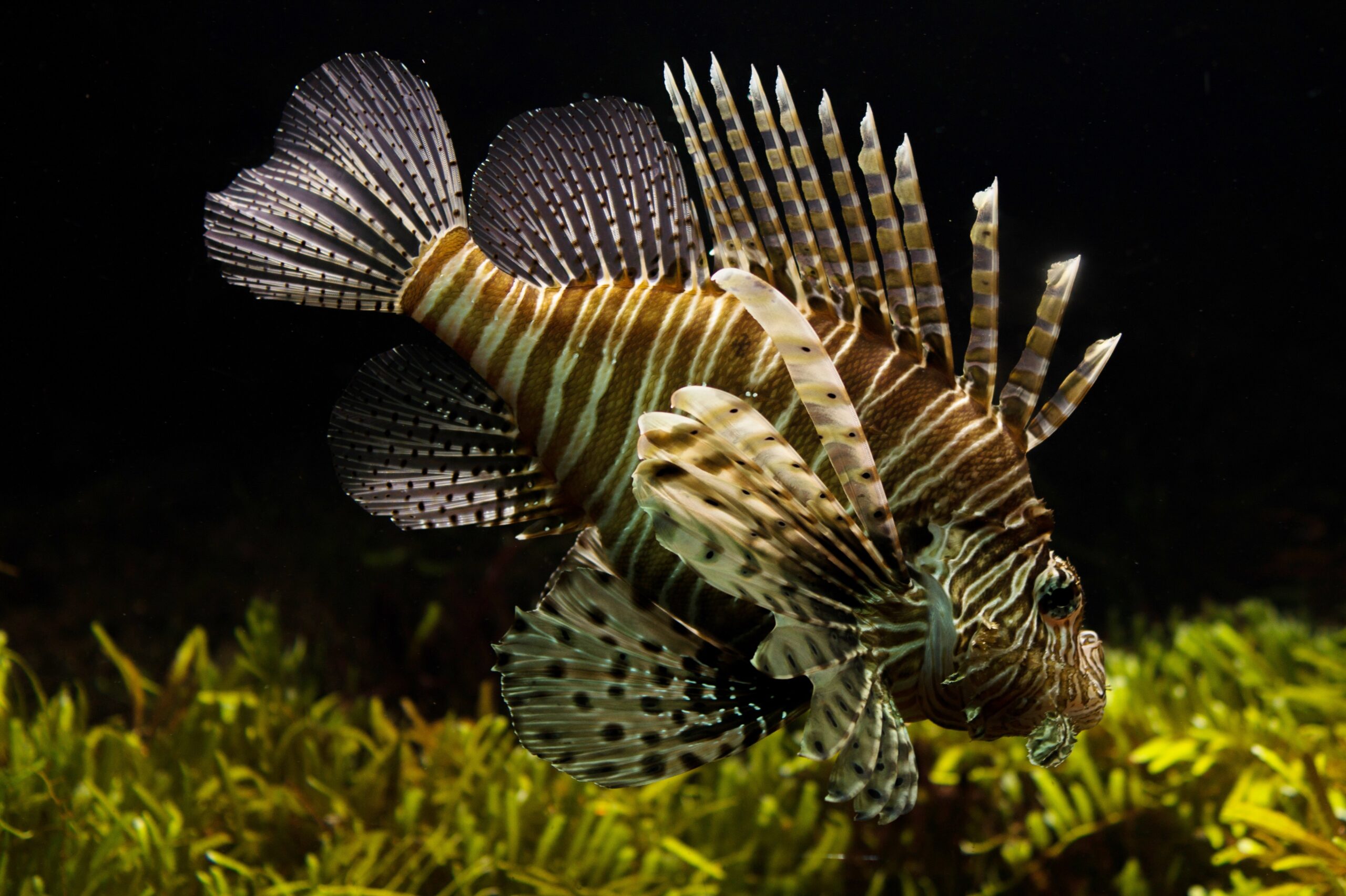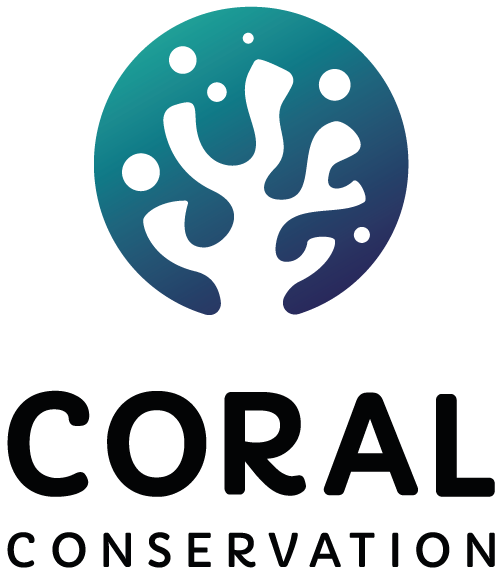What’s happening to the Corals?
Out of approximately 248,00 square kilometers of coral reef ecosystems around the world, a vast amount grows in the Americas. Specifically, Costa Rica has 970 kilometres of coral reef and together with Panama, Colombia and Ecuador they make up 1% of the world’s coral reef and 10% of America.
In the Caribbean coast, you can find coral reefs mostly in the south (from Limón to Manzanillo) and they grow better and in extensive areas than in the pacific coast. Cahuita has the most expressive area of coral reef (with a total of 5 km) that unfortunately in 2006 had its percentage of live coral reduced from 40% to 15%. The corals of Costa Rica are under a serious threat.

Drone photography by Juandi Gutierrez
What is killing our corals?
In general, the most common causes that have negative effects on the health and coral reefs survival are:
- Sedimentation.
- The contamination ( Fertilizers, hydrocarbons, pesticides, among others..)
- The excessive and unauthorized fishing.
- The fast coastal development without proper planning.
- Excessive tourism.
- Big storms, hurricanes, climate changes and other natural events.
- The excessively low tides that expose the upper part of the corals to air.
- Extreme saturation of carbon dioxide in the water that makes it more acidic.
- Fishing with with dynamite and cyanide.
- Diseases of the corals itself.
- The introduction of exotic species in the environment. Like the lionfish.

Lion Fish
What can we do to help with coral conservation?
- Save water: The less water you use, the less contaminated water ends up in the sea.
- Help reduce water contamination: Emissions from cars and industry contribute to the rise of oceans temperatures, which is the main cause of the fast coral.
- Use organic fertilizers: Chemical products travel through the rivers and subterranean water and end up contaminating the oceans, causing irreversible damage.
- Recycle and use less plastic.
- Support organizations that have an active role on coral reef conservation.
- Plant a tree: Trees help prevent contaminated water and other elements from reaching the ocean. Also, you will be helping the planet on the climate change issue.
- Practice water sports with responsibility: Don’t touch the corals. Always try to reach an area with sand to walk on far from the reefs.
- Be active on beach cleaning: Every year there’s dozens of organizations that get together to collect trash from the beaches around here. Join and participate.
- Pressure the government to take action and create more protected areas to prevent ocean’s contamination. Let them know the importance of these incredible ecosystems and the need to protect them. Fight for our natural resources and support our natural reserves.
- Have an active voice on coral conservation: Share your causes with as many people as you can. People have to realize the importance coral reefs have on our ecosystems, there’s a lot of organisms depending on coral to live and a lot of biodiversity will be lost if we don’t do anything about it.
